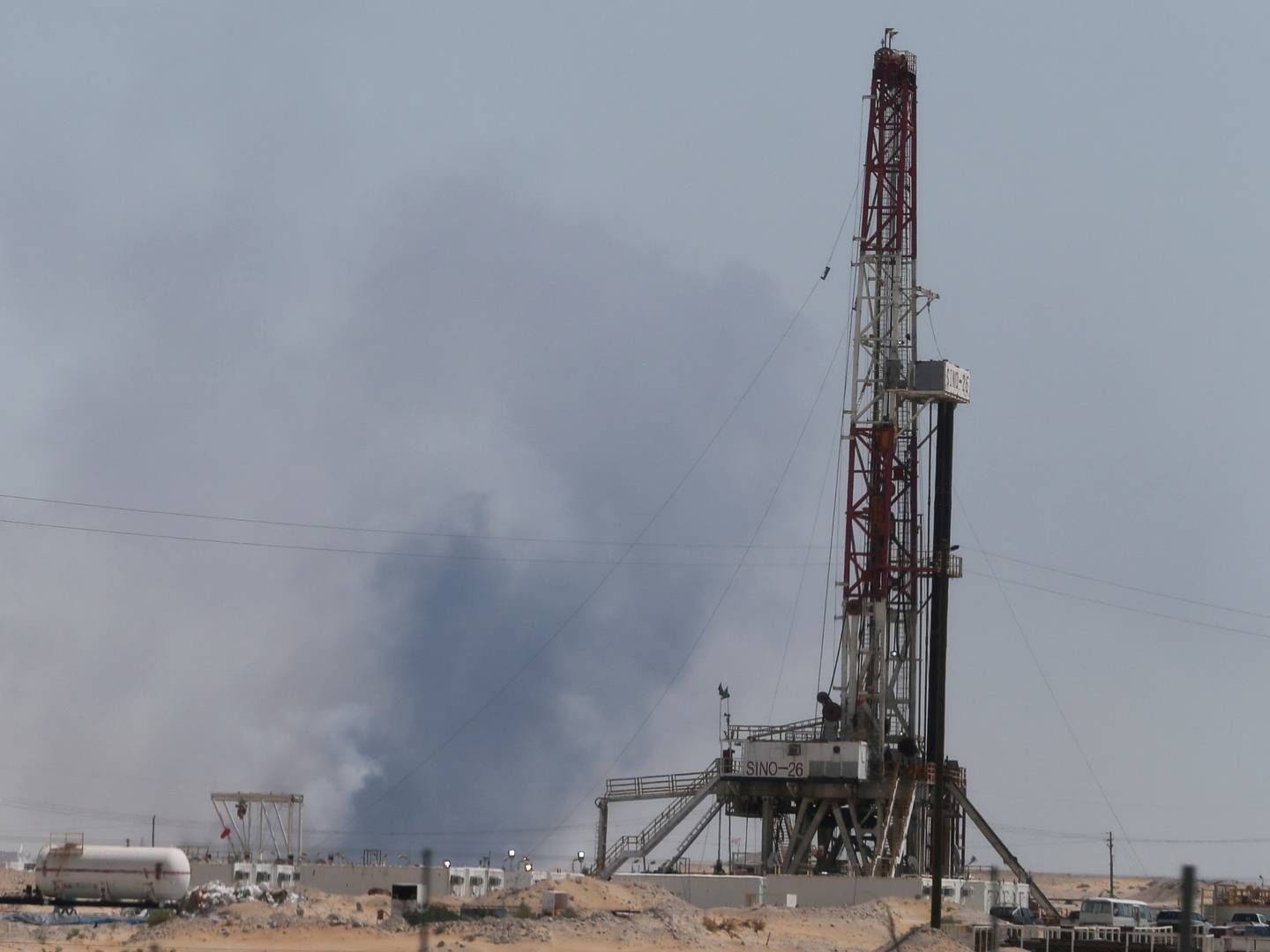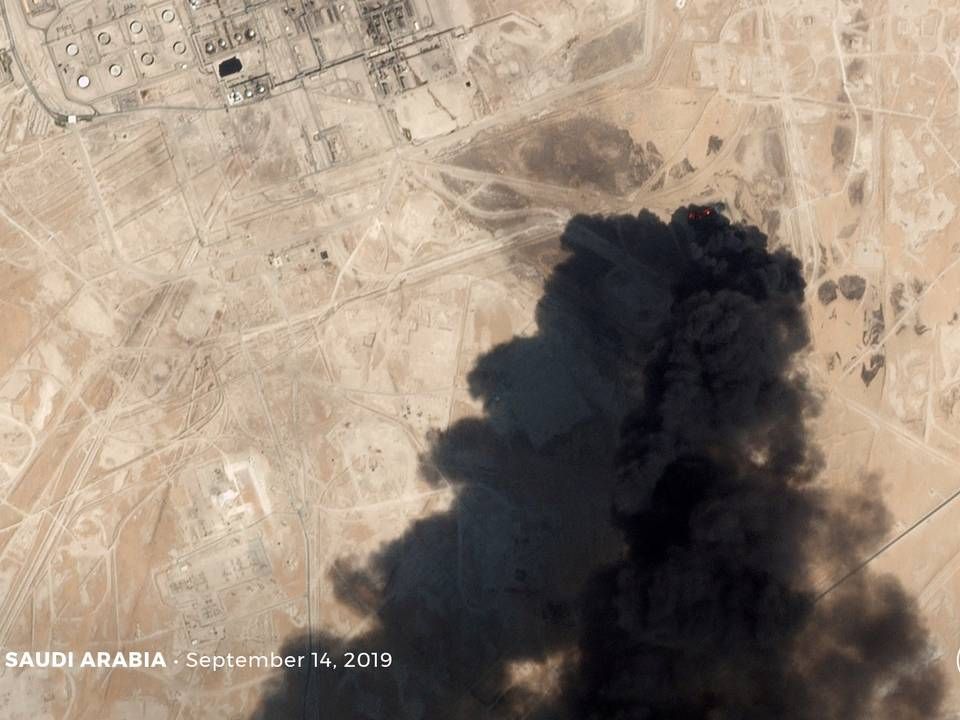Saudi Arabia joins US-led coalition to protect oil shipping

Saudi Arabia joined a US-led coalition to secure sea lines vital to oil shipping in the Middle East in the aftermath of devastating attacks on Aramco’s oil facilities.
The International Maritime Security Construct’s area of operation covers the Strait of Hormuz, the world’s most critical waterway for oil supplies, the Strait of Bab al-Mandab, the Gulf of Oman and the Persian Gulf. The move aims to support efforts to thwart threats to trade as well as guarantee energy security, the state-run Saudi Press Agency reported.
A showdown between Iran and the Trump administration after the US pulled out of the 2015 nuclear agreement with the Islamic Republic has threatened shipping in the region. Attacks on tankers and drones prompted the US to call for a coalition of allies to protect ships passing through the area.
About 40 percent of the world’s seaborne oil travels through the Strait of Hormuz. The US and UK have stepped up their military presence in the region amid calls to ensure the waterway remains open.
The International Maritime Security Construct task force is headquartered in Bahrain, and its members include the US, the UK, Australia as well as the host country.
Shaped like an inverted V, the waterway connects the Persian Gulf to the Indian Ocean, with Iran to its north and the United Arab Emirates and Oman to the south. Its shallow depth makes ships vulnerable to mines, and the proximity to land – Iran, in particular – leaves large tankers open to attack from shore-based missiles or interception by fast patrol boats and helicopters.
Risk Intelligence on unrest following drone attacks: Carriers can do no more
Tanker company after attacks on oil facility: "It could get pretty ugly"



















